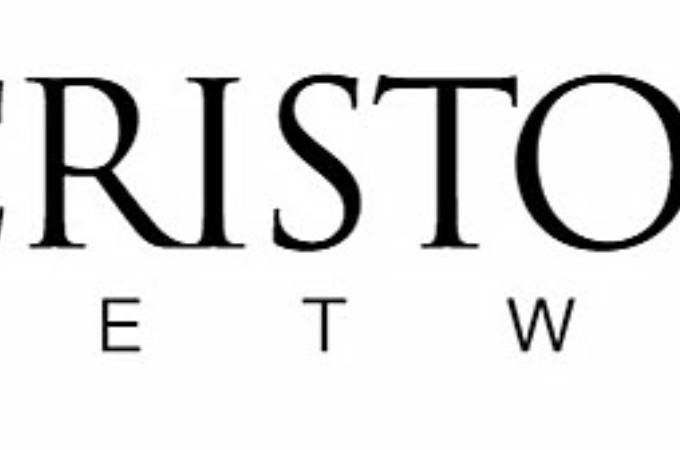A novel solution to an old problem
We are all shaped by our own experiences. When it comes to education, I spent nine years in Chelsea public schools, followed by high school at Austin Prep, an Augustinian Catholic school north of Boston. St. Augustine's dictum from his Confessions, "Tolle, lege," "Take up and read," became Austin's school motto.
I believe that I benefitted from Catholic education and wish more young people could do the same, but economic trends and constitutional amendments in 38 states that prohibit public money from going to religious schools are among the factors that have staggered many Catholic schools.
Cristo Rey high schools are returning Catholic education to urban areas. Under the network's unique model, students receive a college-preparatory education and participate in a work-study program that allows them to learn employable skills and earn money to help pay for tuition.
Pope Saint John Paul II always made clear that the central calling of Catholics is love for the poor and for the innocent young, which is why the work of K-12 Catholic education in general and Cristo Rey schools in particular is so important.
The Cristo Rey Network is helping to fulfill and update the enduring promise of urban Catholic high school education. One of the trickier challenges facing Catholic schools that target a poor population is how to make the schools affordable. Sometimes a wealthy donor or generous alumni base can help.
But what happens when neither of these is available? This is the prospect Jesuits were facing in Chicago in the mid-1990s. They came up with a novel solution. Through the Corporate Internship Program, the Jesuits recruited employers to hire and pay their high school students. This gave the students both important job training skills and made the cost of tuition affordable, as student earnings were used to help cover tuition.
The Cristo Rey model comes not a moment too soon. While Catholic schools across America are closing, more Cristo Rey high schools are opening. Since the first Cristo Rey school was founded in Chicago in 1996, 31 others have opened in 21 states and the District of Columbia, including in Boston and Lawrence, with plans to add eight more by 2020. Total enrollment is nearly 11,000 low-income students and more than 11,500 have graduated.
This growth stands in stark contrast to larger trends. According to a report from the Thomas B. Fordham Institute, the number of students attending Catholic schools in the United States fell from about 5.2 million in 1965 to around 2 million when the report was published in 2008.
The decline isn't due to the quality of education. Although Massachusetts public school students perform very well compared to their counterparts in other states, the 67,000 students enrolled in its Catholic schools do even better on the SAT and other measures they share with public schools.
For urban kids to fully participate in the opportunities our country offers, they need access to school choice options like charter, vocational-technical, private and Catholic schools, as well as the METCO program, under which students in Boston and Springfield attend suburban schools. Affluent parents explore educational options for their children every year. Less privileged students deserve at least a modicum of such school choice.
Unfortunately, legal barriers prevent urban families of faith from directing the academic destinies of their children. In the early 1850s, Massachusetts' anti-Catholic Know-Nothing Party passed the nation's most restrictive "Anti-Aid" amendment, which prohibits disbursement of state and local tax revenues to parochial-school parents. In 1917, another Anti-Aid amendment was passed.
As a state senator, I was among those who voted to repeal these nativist amendments during a 1994 Constitutional Convention that considered replacing them with the language of the First Amendment of the U.S. Constitution. Due to strong opposition from the state's teachers' unions, the effort proved unsuccessful.
Today, these bigoted amendments prevent more than 100,000 families in Massachusetts cities with chronically underperforming schools from receiving scholarship vouchers or education tax credits. The amendments are the topic of "Big Sacrifices, Big Dreams," a new documentary film from Pioneer Institute. Our hope is to give this important educational issue wider understanding in the commonwealth and across the country.
Due to my own experience, it is important to me that Catholic schools survive and thrive. Cristo Rey schools are turning that hope into a reality, but it is one that would be much easier without the constraints of two state constitutional amendments rooted in anti-Catholic bigotry.
TOM BIRMINGHAM, A FORMER PRESIDENT OF THE STATE SENATE, IS THE DISTINGUISHED SENIOR FELLOW IN EDUCATION AT PIONEER INSTITUTE AND CO-AUTHOR OF THE LANDMARK MASSACHUSETTS EDUCATION REFORM ACT OF 1993.



















